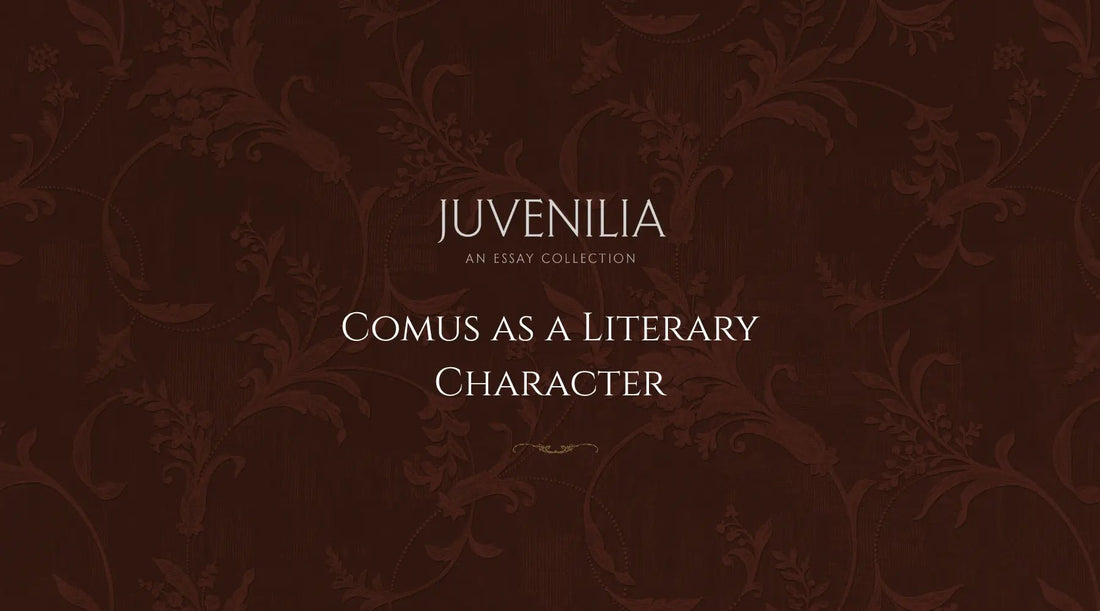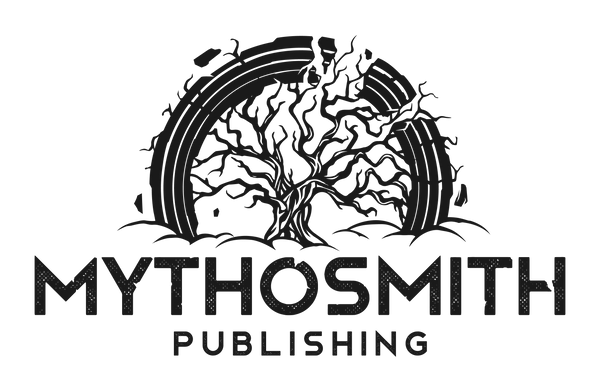
Comus as a Literary Character
I have always been particularly interested in Greek mythology, but I have never encountered the name Comus before. Comus is an integral part to the story as he serves several roles: not only is he the antagonist of the Masque, but he also serves as commentary to a male perspective on social issues, generally where women are concerned—specifically with chastity. Comus, a character of Milton's making, offers the perspective that chastity is a thing that men have particular rights to more than the women who, themselves, possess it, and that everything in the world was made to be experienced for male pleasure. Otherwise, why would particular delights have been made?
Comus is the fictional son of Dionysus and Circe—Greek God of wine, and witch Goddess respectively (Delahunty, "A Dictionary of Reference and Allusion"). Comus is the sum of his parent's worst parts, and it culminates in an unfortunate combination of alcoholism, partying, and witchcraft, not necessarily good things to identify with. Comus inherited his mother's affinity for magic and turning people into animals and swine, and his father's lust for material wealth and pleasure in the physical realm so to speak.
Comus encounters the Lady, and immediately wants to defile her. Under the pretense of being a well-meaning villager, he then brings her to his "lair" and secures her to take her virginity and engages the Lady in a conversation to make it "consensual" through coercion. The lady prevails and stays strong; she is saved by a woman, not her brothers, which I mention only because I believe this detail plays a part in contextualizing Comus's character and gender roles at the time.
The Oxford dictionary references Comus as, "The personification of revelry," and I think this sheds a lot of light on the intentions of the character. Revelry does not have an inherently negative connotation associated with it; simply festivity, boisterous energy, and excess. I do not think Comus sees that what he is doing is wrong; I think he simply sees it as the natural way of life, and I think that is a more terrifying notion than him simply "being bad". In reiteration, he is not right in believing this; but the fact that he thinks this is even more upsetting because he thinks he is justified in his behaviour.
The fact that Comus is the son of Dionysus and Circe is important even just in the sense that as a child of Gods, he himself would then be an immortal and would thus be above the earthly realm in the story—or in this world, above the law. This could be perceived in several ways, but I think the take away is that males from the time of Milton simply have more agency and freedom in society and can get away with terrible things (further commentary on this can be seen through the case of the scandals discussed in class.) It is up to others to stand up against this, and sometimes, it is not the male role that will suffice, but women sticking with women. Men can have good intentions, as seen by the Lady's brothers, but they fail in their task due to their being too aggressive and impulsive.
In the grand scheme of things, Comus represents desires left unchecked, and desires left unchecked have a tendency to manifest in unflattering ways. This can be seen through entitlement, recklessness, aggression, and apathy towards others, which is exactly what Comus is coming to the table with.
Now, the situation is this: a young, immortal man with desires left unchecked, a moral compass pointing in the wrong direction (with magical, immortal parents that do nothing to curb it), a magic wand and the addition of alcohol… thinks it’s his right to seduce women. The metaphor here is quite clear in that it is depicting a mythical version of Lordlings from prominent families who struggle with entitlement and cruelty as a by-product of too-relaxed parents who think the deserve whatever they want because of their station.
In conclusion, Comus is an ugly vehicle to offer commentary on the social issues of the time. The commentary is as much about calling young men out for having problematic beliefs as it is about the parents, in this case Dionysus and Circe, for allowing such behaviour to stand and continue. The parents are as important as Comus is in this context, as his identity is so thoroughly entwined with their divinity. Blame game aside, the point is that it is not the lady's fault for being assaulted (or nearly so). She did what she could in her situation. She said no, and resisted, which should be enough, and yet it wasn't and, in many cases, still isn't.
[WORKS CITED]
Delahunty, Andrew, and Sheila Dignen. "Comus." A Dictionary of Reference and Allusion: Oxford University Press, 2010. Oxford Reference. Date Accessed 28 Oct. 2020 https://www.oxfordreference.com/view/10.1093/acref/9780199567454.001.0001/acref-9780199567454-e-462.
